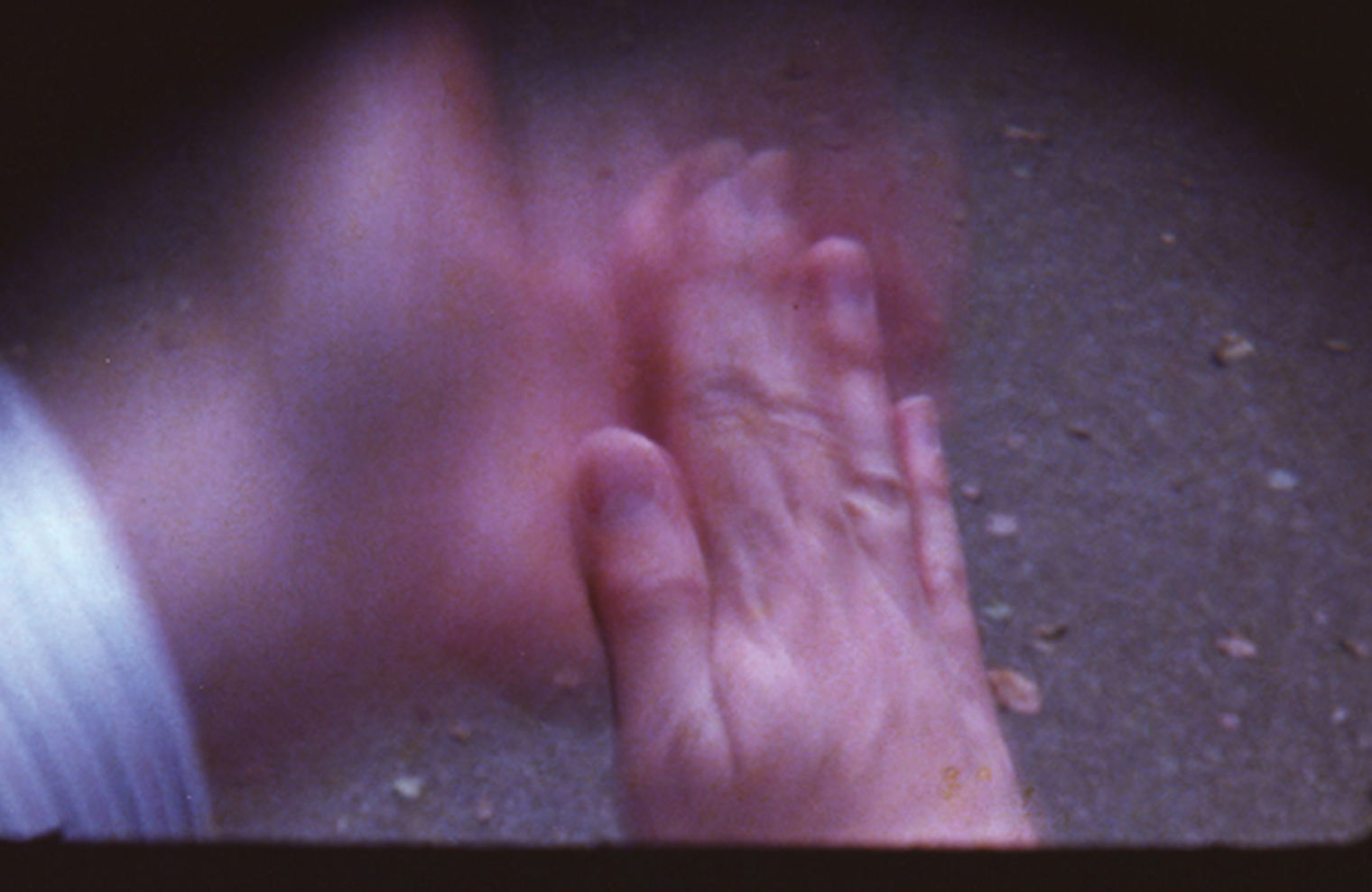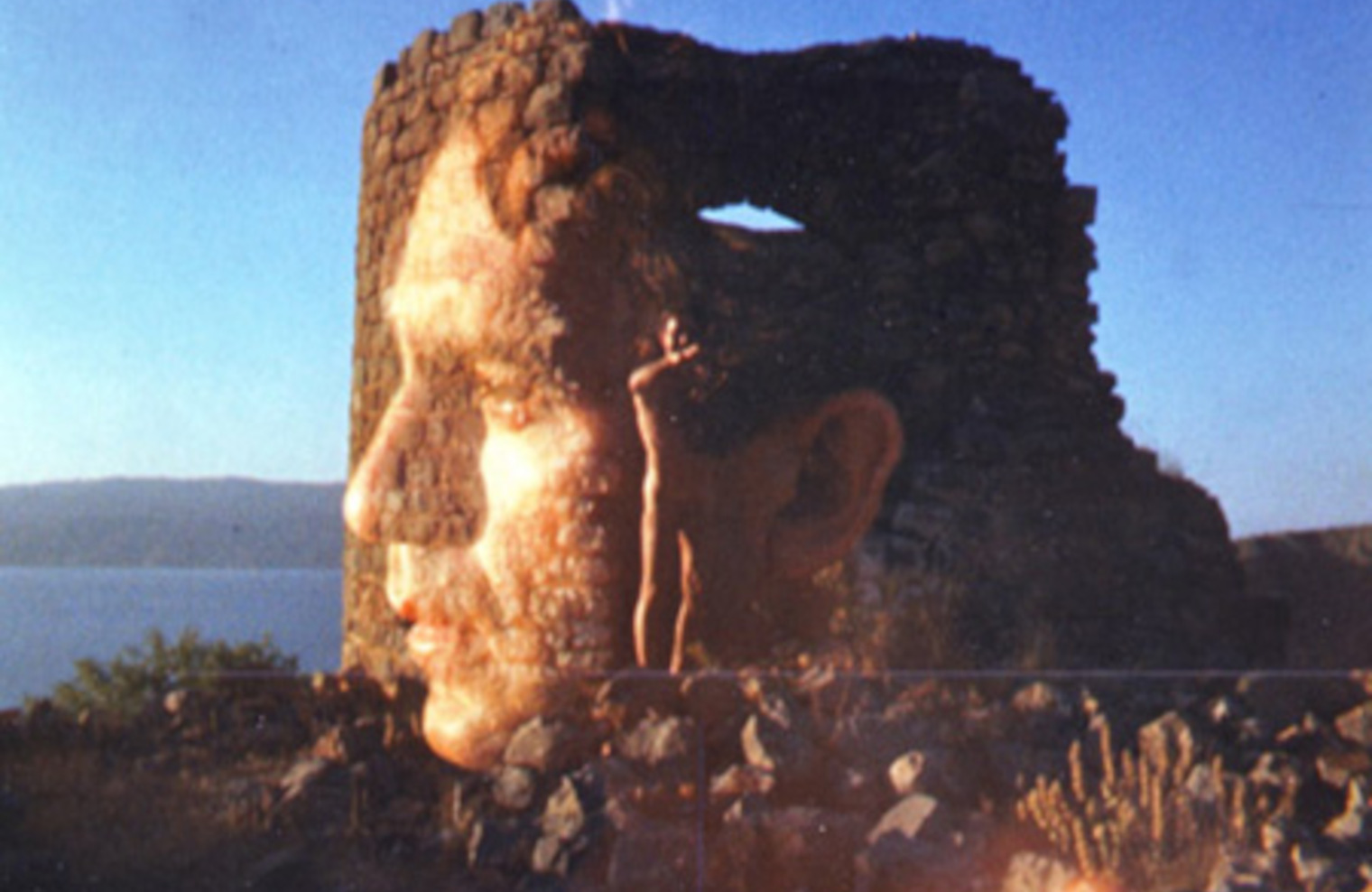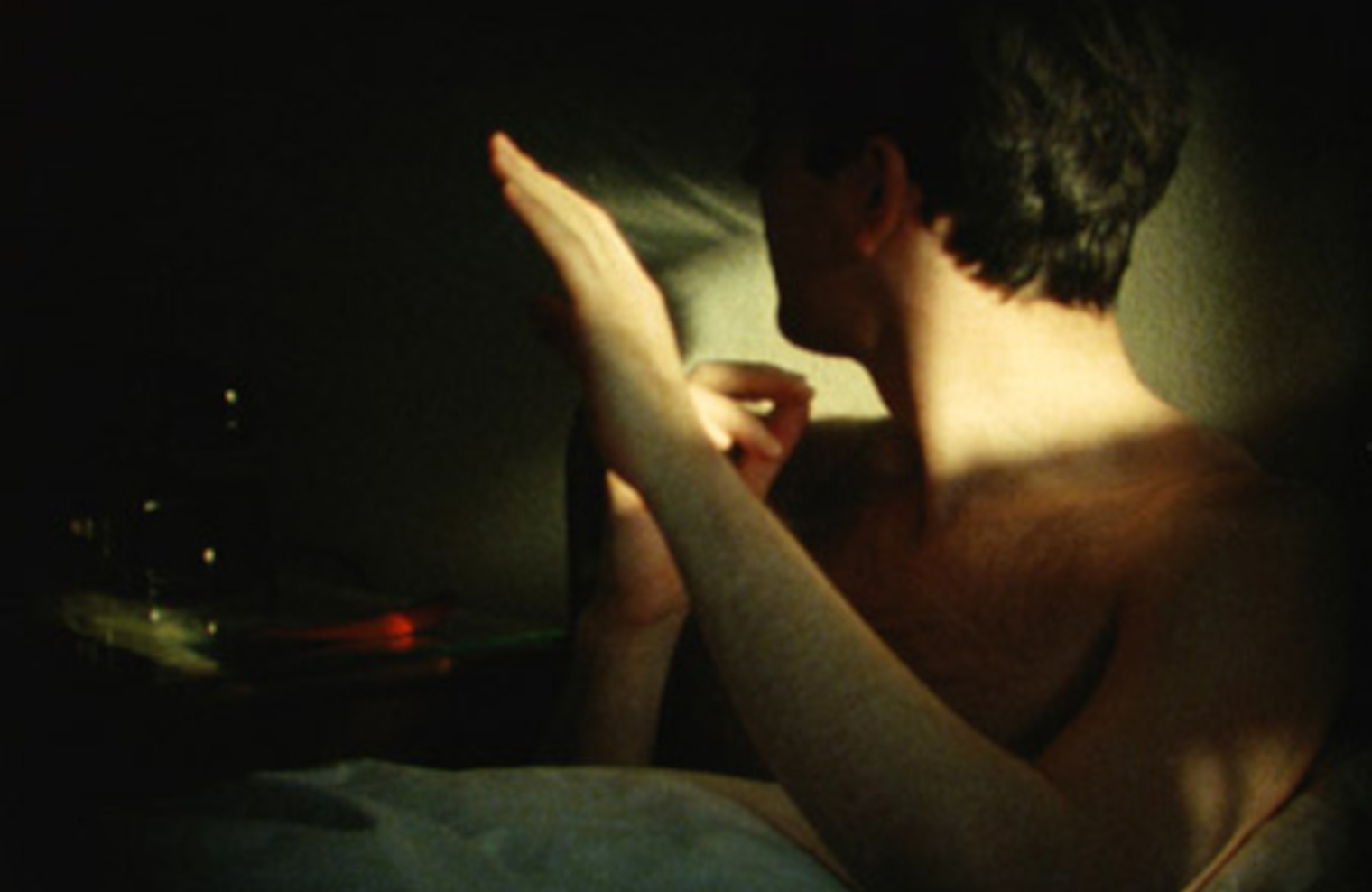Artist in Focus: Robert Beavers
Robert Beavers (1949, Brookline, Massachusetts) is one of the most influential avant-garde filmmakers of the second half of the 20th century. Although born and raised in the United States, he has been living and making films in Europe since 1967. His 16mm films, at the same time lyrical and rigorous, sensuous and complex, are inhabited by the landscapes, the architecture and the cultural traditions of the Mediterranean and Alpine cities and countryside where they are filmed, and yet reveal deeper personal and aesthetic themes. As he acknowledges himself, he strives “for the projected film image to have the same force of awakening sight as any other great image.” He regards filming as part of a complex procedure, which begins in the eyes of the filmmaker and is shaped by his gestures in relation to the camera. Beavers’s attention to the physicality of the film medium is evident also in the editing, a fully manual process that leads to a unique form of phrasing. Harry Tomicek calls it a form of “cinematic breathing”: “an exchange of speech and silence, emergence and concealment. Robert Beavers might be the only filmmaker in the world whose works announce the mystery of this process.”
Until the late 1990s his films were very rarely shown, but recent retrospectives at the Tate Modern London, the Whitney Museum in New York, Berkeley Art Museum & Pacific Film Archive in Berkeley and the Austrian Film Museum in Vienna have finally brought to his work the attention it deserves. Courtisane and Cinematek will join forces to present his oeuvre in Ghent and Brussels, a city Beavers has a strong attachment to but where his work hasn’t been screened in several decades. Brussels was not only the first European city where he settled together with his partner filmmaker Gregory Markopoulos (1928-1992) after leaving the United States but also where his film culture and cinephilia developed, thanks to Jacques Ledoux, the then curator of the Royal Belgian Film Archive. Ledoux also encouraged Beavers to continue making films, and is one of the protagonists of Plan of Brussels (1968). From his Early Monthly Segments to his most recent work The Suppliant (2010), this selective retrospective in Brussels and Ghent covers more than 40 years of work and represents for Beavers an occasion to return to the scene of his beginnings as a filmmaker, the Brussels Cinémathèque.
On the last day of the Courtisane festival, April 3, Robert Beavers will present a selection of films of his own as well as by other filmmakers in Ghent. The following week, four more screening programmes will follow in Cinematek, the film theatre of the Belgian Royal Film Archive.
With the support of SWISS FILMS





